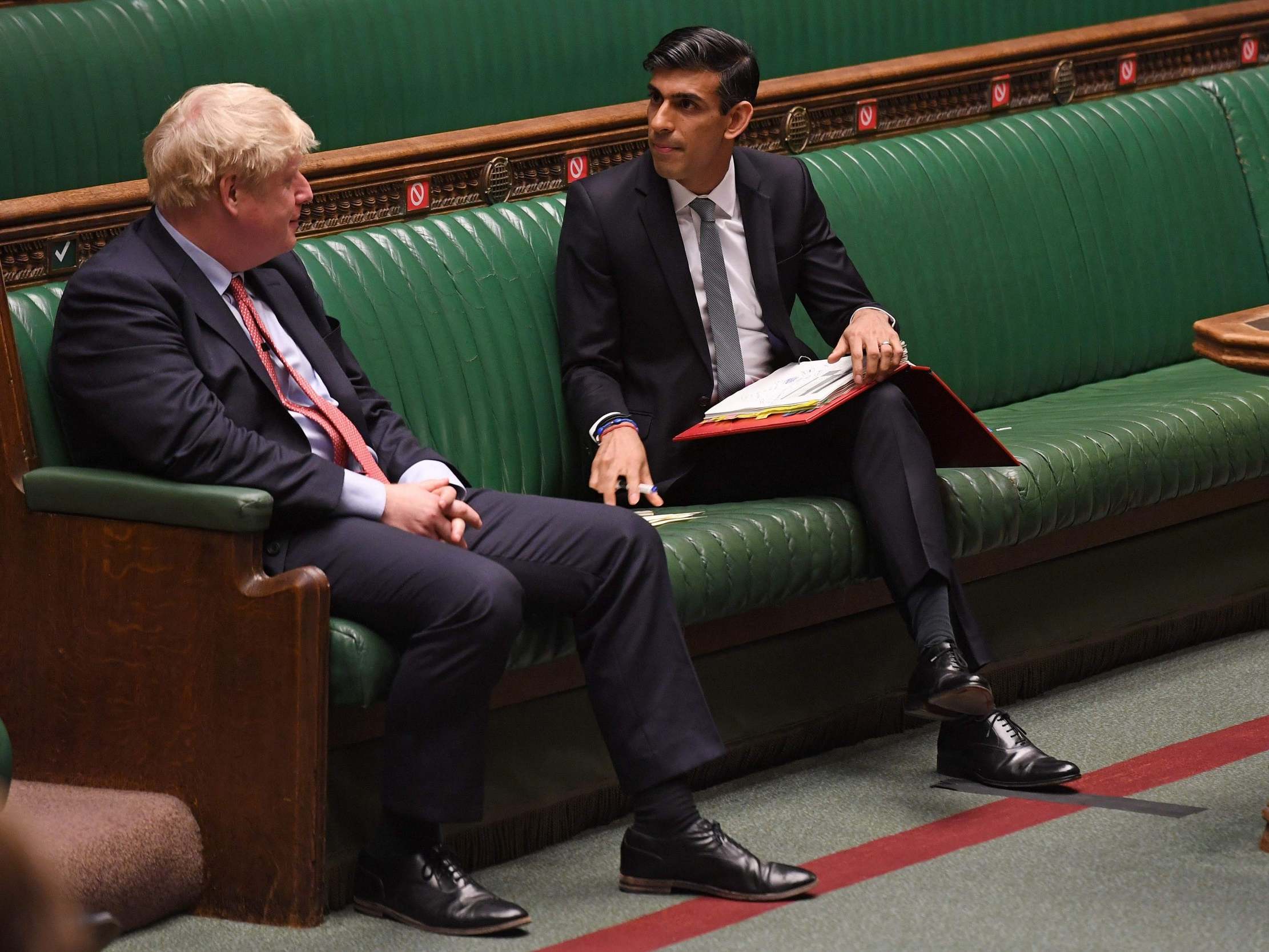Treasury to sell off more than half a trillion pounds of debt in bonds to weather coronavirus crisis
Gilt sell off comes as government looks to raise funds to support coronavirus spending spree going

The UK is set to sell off more than half a trillion pounds worth of debt in the coming year, the Treasury’s Debt Management Organisation (DMO) has announced amid an unprecedented surge in spending from the government.
Boris Johnson has repeatedly insisted he will not return the country to the austerity measures used to mitigate the recession prompted by the 2008 financial crash, but instead drive towards spending out of the financial crisis brought on by the coronavirus.
Now the government agency responsible for the nation’s debt has said it will increase the planned amount to raise £385bn in the first eight months of the current financial year through bond sales.
The figure builds on previously planned gilt sales of £275bn for the April to August period.
Martin Beck, lead UK economist at Oxford Economics told The Financial Times: “This is a startlingly high number.
“The financial crisis had already changed our mindset about what constitutes a high level of public debt, but this crisis has totally blown that out of the water.”
The government’s coronavirus response has seen billions plunged into the economy – with one assessment in early June putting the expenditure up to that point at more than £190bn.
It comes after the chancellor’s plan to invest in jobs to tackle the coronavirus crisis was assessed to involve £10bn less spending on previously planned projects – according to analysis by the Institute of Fiscal Studies (IFS).
The institute’s research revealed that the proposals – which Rishi Sunak said could amount to up to £30bn of support – are partly funded by spending cuts on previously planned projects and investments which are now deemed less of a priority or infeasible given the Covid-19 plan.
IFS associate director David Phillips said: “In its summer economic update last week, the UK government launched its £30bn Plan for Jobs.
“What it didn’t say was that almost £8bn of that is to be paid for by spending less than previously planned on other things.
However the Treasury rejected the think-tank’s analysis about funding being diverted from previously planned projects.
“This suggestion is wrong,” a Treasury spokesman said. “The Treasury has approved additional activity by departments as part of the plan for jobs.”
But the Treasury acknowledged that “it’s true that some other projects are underspending across government – this is not unusual in normal times – and not surprising in a global pandemic”.
Additional reporting by Press Association
Join our commenting forum
Join thought-provoking conversations, follow other Independent readers and see their replies
Comments
Bookmark popover
Removed from bookmarks